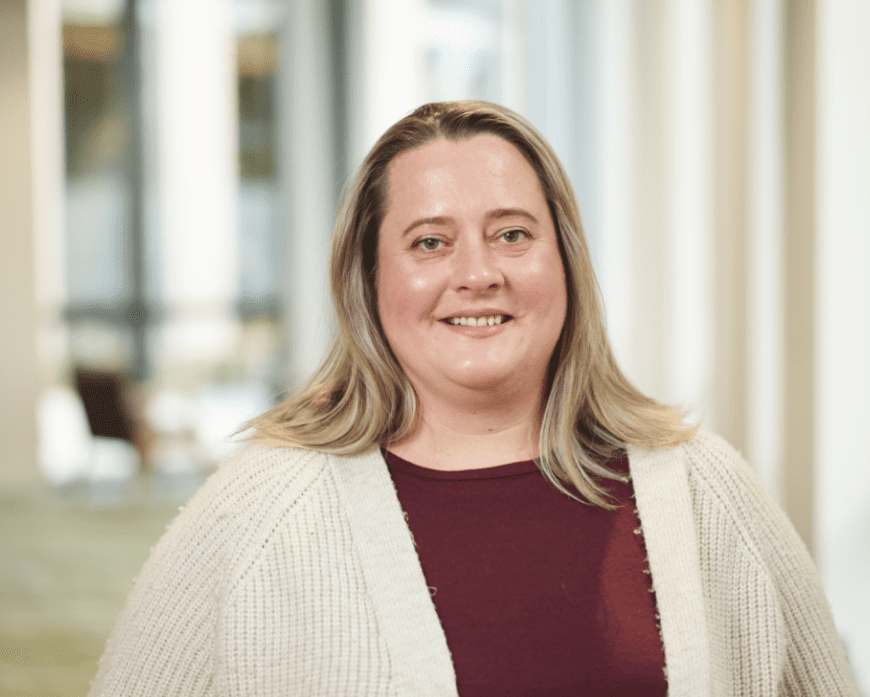OUR RESEARCH
WHAT IS A CLINICAL TRIAL?
Breast cancer clinical trials are a vital part of our health system. They offer the opportunity to test whether new treatments are more effective than those currently accepted as the best available standard of care. Clinical trials can also compare new treatments and test new ways to use or combine existing treatments, to ensure that all patients are receiving the best standard care available.
Our trials involve a unique collaboration between our researchers, clinical trials participants and our supporters, who all play an important role in exploring new treatment options for people affected by this disease. The trials conducted by Breast Cancer Trials are widely recognised for their high-quality patient care and practice-changing results. All new treatments or preventions strategies must be rigorously tested in clinical trial before they are made widely available in the community, with patient safety remaining the highest priority to our researchers.
What are the Different Phases of Clinical Trials?
Phase One Trials:
Phase one clinical trials are conducted to test a new treatment for the first time in a small group of people, usually around 20 to 50 people. A phase one trial evaluates the safety and side effects of the new treatment or intervention.
Phase Two Trials:
If the treatment of intervention is proven successful in phase one, it is then moved to a phase two clinical trial and tested in a larger group of people. A phase two clinical trial aims to see how well the new treatment or intervention works against cancer, and to monitor for side effects.
Phase Three Trials:
Phase three clinical trials compare new treatments with the best currently available treatment, also known as standard treatment. This phase of clinical trials can also test standard treatment with a different dose of the same treatment, or a different way of giving the same treatment. Phase three clinical trials study the efficiency of a treatment or intervention in large groups of people, from several hundred to several thousand. It looks at which treatments work best for the disease, how the treatment affects quality of life and helps researchers learn more about the treatment or interventions side effects.
Phase Four Trials:
A phase four clinical trial is conducted after the new treatment or intervention has been marketed and approved. A phase four clinical trial aims to learn more about the side effects and safety of a new treatment or intervention, the long-term risks and benefits of the new treatment, and how effective the treatment is when used in the general population over a longer period of time.

The brca-p CLINICAL trial
Katharine Stevens is a participant in the BRCA-P clinical trial, which is a world-first study that aims to prevent breast cancer in women with the BRCA1 gene mutation. These women have a 72% risk of developing breast cancer and 44% risk of developing ovarian cancer in their lifetime.

Katharine Stevens is a participant in the BRCA-P clinical trial.
Katharine had decided to have her genes tested after her father passed away from cancer in 2019. She became aware of the BRCA1 gene mutation through a distant cousin, and was diagnosed with the BRCA1 gene in February 2020, at the age of 41. Katharine said she is participating in the BRCA-P clinical trial to help research for future generations, to hopefully prevent the need for double mastectomies in people with a gene mutation that increases their risk of breast cancer.
THE YEAR IN REVIEW


